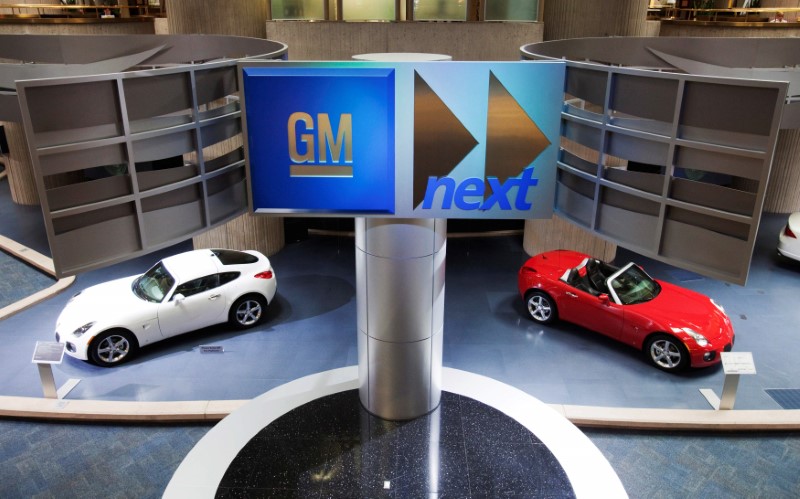President Biden’s climate law, designed to spur investment in U.S. electric vehicle (EV) production, has had a significant impact on leasing trends but has yet to notably influence sales. Despite increased investment in battery factories and assembly lines, Americans are expected to purchase one million electric vehicles this year, a figure that aligns with the existing upward trend.
A key outcome of the law is a surge in EV leasing, driven by a Treasury Department regulation that allows auto dealers to bypass made-in-America requirements for leased cars. This rule enables customers to reap the full benefits of federal tax breaks, even for models that would not typically qualify.
The climate law came into effect at an essential juncture for American automakers, following a prolonged strike leading to new allowances for union autoworkers in EV assembly and battery production. The legislation provides companies with tax credits for investing in EV production and components like advanced batteries, despite criticism from Republican leaders and Wall Street analysts who claim the transition subsidizes China.
However, the law’s results have been mixed for both consumers and automakers. Federal credits offered to electric car buyers were previously capped for individual automakers, a limit surpassed by Tesla (NASDAQ:TSLA) and General Motors (NYSE:GM). The climate law restored credits for several vehicles from both companies but also removed credits for many competitors such as Hyundai (OTC:HYMTF) and Kia, who assemble their electric cars abroad.
Interestingly, the law has encouraged a shift towards leasing rather than buying EVs. Companies like Hyundai and Kia can secure the full $7,500 credit for their electric models and pass that on to consumers if they lease them.
Despite the enactment of a law two years ago allocating $5 billion for fast charger installation at 50-mile intervals along major highways, few states have awarded contracts to construct stations. The lack of fast chargers continues to be a significant deterrent for potential electric vehicle buyers.



